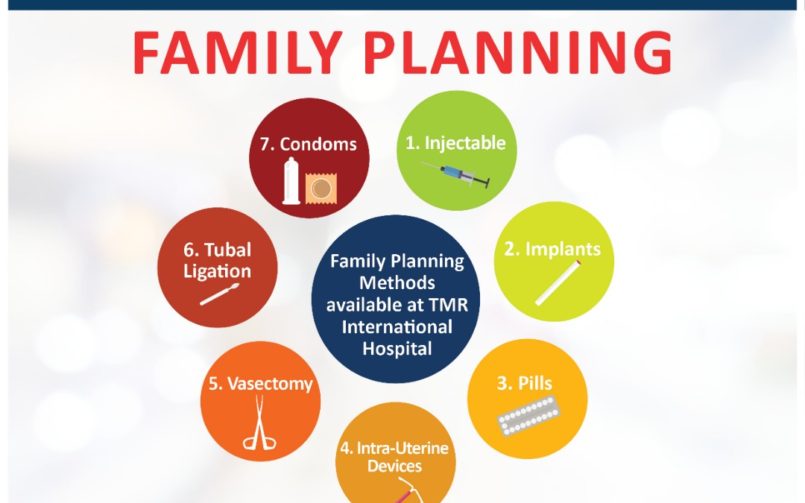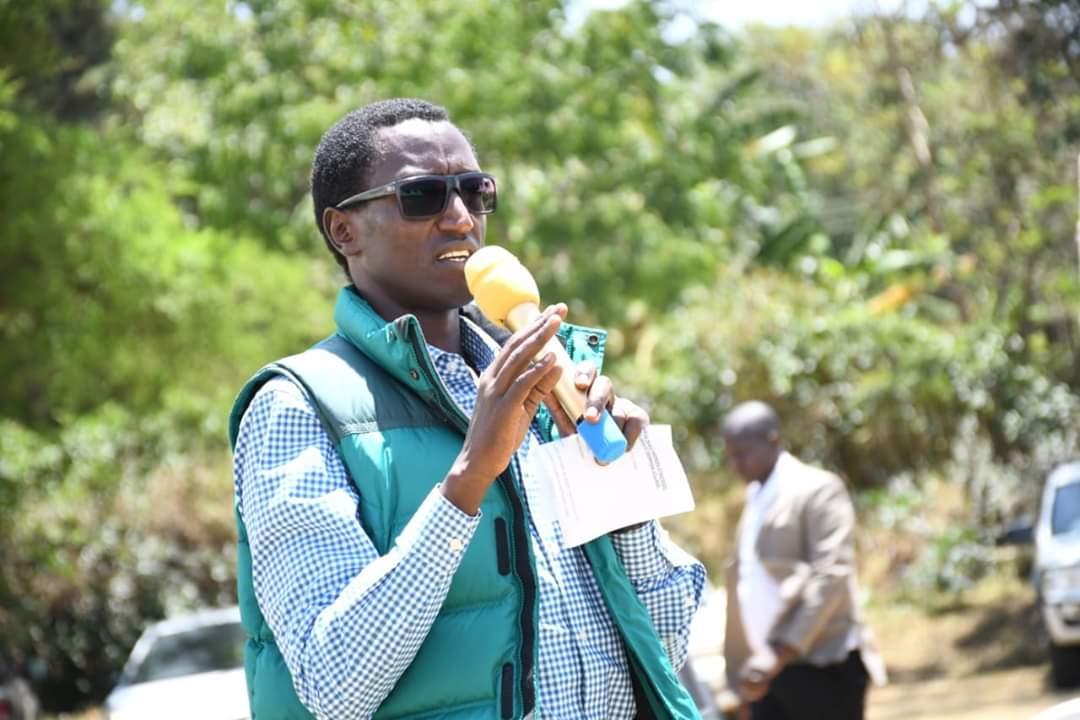Why unmet family planning needs remain high

Doris Kathia
Negative attitudes towards the contraception and subsequent unplanned pregnancies is a major problem in Kenya.
Contraception is crucial in helping women to choose the number and spacing of their children.
Despite Kenya having about 18 methods of contraception, we are still faced with unmet family planning needs.
There are several reasons why women do not access contraception which go well beyond access to services that are of good quality and are affordable.
There are issues of fear of health side effects, poverty, religious and cultural concerns, partner’s approval, informational barriers and service provider’s ability to provide certain contraceptive methods.
Whether individuals or couples use appropriate and suitable methods based on their fertility preferences, sexual activeness, and their health is a question of concern.
Oftentimes, the first born is either a mistimed or unwanted pregnancy.
With the different methods of contraception – hormonal, non-hormonal, barrier and natural – women can chose when to have a child.
Everyone has the right to decide on the number and timing of children without discrimination, but for this to happen they also need to have the necessary information and facilities to access the services.
However the question remains how well people know about the methods of family planning.
Most people rely on the information they hear from friends and family and decide whether or not to use a method.
Some providers who may not understand how contraceptives work may give incorrect information and therefore scare women to stop using certain family planning methods.
A lot of myths, such as the claim that birth control pills causes breast cancer, prevent women from using some contraceptions.
Failure to debunk these family planning myths only serves to spread and entrench them.
It is estimated that the refusal by women to use contraceptives is responsible for about 38 per cent of women with unmet needs.
One way of addressing unmet needs is to increase the diversity of contraceptives.
Male partners also have an important role to play in contraception uptake. Their contribution can greatly prevent unintended pregnancies.
Because we cannot continue to ignore the fact that many adolescents and young people are sexual active, the government through the Ministry of Education should ensure that sexual and reproductive health education and information is accessible in schools.
In addition, the government should support educational programmes for adolescents in diverse settings like health facilities, communities and use of mass media to address common concerns underlying the non-use of contraception.
The government must also ensure that health facilities do not stigmatise adolescents who are sexually active and that the service providers are qualified to provide confidential and comprehensive adolescent health services.
Women require accurate information about the full range of contraceptive options so that they can choose the method that suits their needs.
This can be achieved by increasing information and counseling about how modern methods work, the side effects and health risks and benefits associated with each, and how to switch methods if necessary. — The writer is a sexual and reproductive health and rights advocate for Network for Adolescents and Youths of Africa













